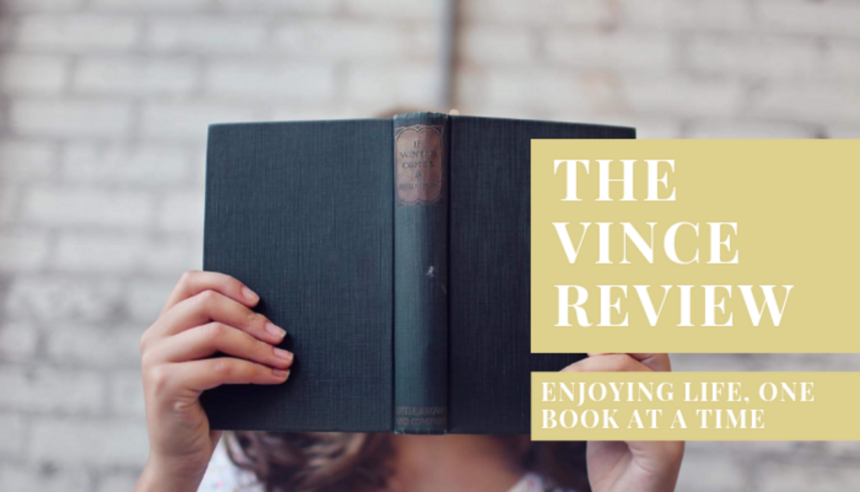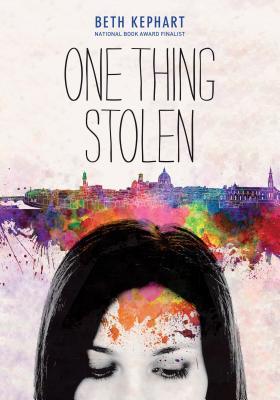
She only remembers loving him. But he can’t forget the way she left.
Following a concussion, Lucy Lovett can’t remember the last seven months of her life. She doesn’t remember leaving her fiancé Zac Callahan weeks before their wedding or moving to Portland, Maine. And she sure doesn’t remember getting engaged to another man. All she remembers is loving Zac more than life itself.
It’s taken Zac months to move on after Lucy left him with no explanation. He’s thrown himself into his family’s farm and his restaurant business in Summer Harbor. Now Lucy’s back, vulnerable, homeless, and still in love with him. She needs his help putting the pieces together, but letting her back into his life is a risk—and the stakes are high. If he follows his heart he’ll win back the love of his life. But if her memory returns he’ll lose her all over again.
Genre: Christian Contemporary Romance
MY THOUGHTS:
I enjoy a good amnesia story, and the premise of this one hooked me from the start. Lucy regains consciousness to find herself wearing a wedding dress, but discovers she's about to marry some random stranger rather than Zac, the fiance she was madly in love with. Zac in turn, is upset and confused when she calls on him to help her, since she walked out on him with no explanation seven months earlier. They discover that Lucy has totally forgotten those months of her life, and as far as she's concerned, she's still madly in love with him. What had he done to upset her?
The different facets of the memory which pop up in amnesia stories continue to intrigue me. Although Lucy has lost seven months of her life the same way a computer file may be wiped out, her short term memory continues to be remarkable. While she's waitressing for Zac, she remembers all sorts of detailed orders from pedantic diners, and moves from table to table, without ever needing to carry a notepad.
I wished the pace would pick up at times, but maybe that was because I wanted to discover the solution behind the mess, and side characters kept slowing things down. Since we all trust from the start that Lucy and Zac are soulmates who will surely end up together, the presence of Morgan and Nick just seems to provide a bit of filler. Morgan is the jealous and nasty other woman who is romantically interested in Zac. Even her name, Morgan LeBlanc, sounds like an anti-heroine. And Nick is the typical nice guy women on the rebound seem to hook up with. There's nothing wrong with him, except that he's not Zac. We get the picture, so come on, what happens?
I wasn't sure how I felt about the ultimate revelation. You might be either disappointed or impressed, depending on whether you'd prefer Lucy's desertion of Zac to be based on intrigue and foul play, or more of a psychological basis, grounded in personal history. I'd gone into it half expecting it to be a crime story, but it's definitely a romance first and foremost.
There's quite a bit of information about minor characters in this story. They are mostly members of Zac's family. This is a giveaway that the book is part of a series. Yes, Beau and Eden were the main characters of the first novel, and Riley and Paige's story is still coming.
Thanks to Thomas Nelson and NetGalley for my review copy.
3.5 stars


















